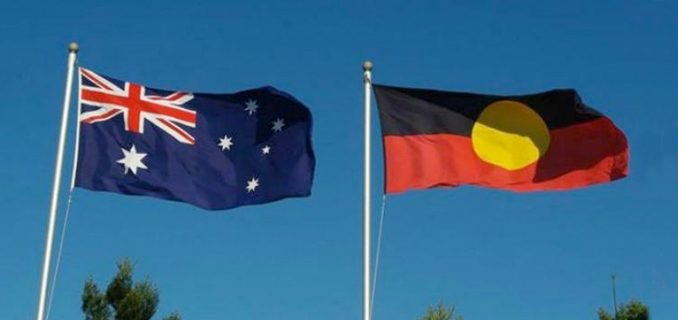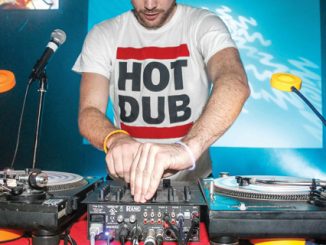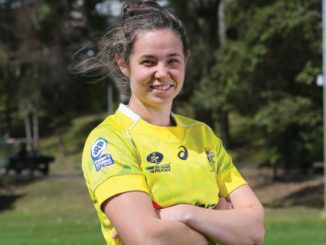
The colonial genocide and dispossession of Aboriginal and Torres Strait Islanders is a historical fact that mainstream Australia would still rather ignore. For Indigenous Australians, Anzac Day is not an inclusive occasion.
It is an occasion that reminds them that their history, their warriors and their rightful custodianship of this land continues to go unacknowledged for the sake of white nationalism. Anzac Day is a day to mourn all Australians lost in conflict. Those that were lost defending their families, their country and their land.
So why doesn’t that include Indigenous warriors?
The Frontier Wars refers to the series of conflicts that occurred between Aboriginal Australians and Torres Strait Islanders and early colonists. The violence took place over almost eighty years and hundreds of thousands of Indigenous and non-Indigenous lives were taken. Despite the common narrative, Indigenous Australians fought bravely and desperately for their lives and their land. The Frontier Wars and the stories of the warriors are fundamental to Aboriginal Australian history because, due to ongoing atrocities, their fight never stopped and is not even close to over.
In 2013 The Australian War Memorial denied a request to acknowledge the Frontier Wars. Director of the Memorial, Brendan Nelson, rationalised this decision by stating that the memorial was commemorative only of Australians that had fought overseas or ‘Australians that had fought for Australia’. Not only does this perspective reek of western imperialism and a local Us vs. Them mentally, it also erases Indigenous people and their history from the understanding of what it means to be Australian.
Each year since 2012, a group of Indigenous Australians has marched respectfully behind the official Anzac Day parade in Canberra commemorating the Frontier Wars as well as those Indigenous Australians that fought in other wars. One of the founding members of the march and the Aboriginal Tent Embassy, Euahlayi leader Michael Anderson has described this tradition as less of a protest and more of call for recognition, sovereignty and peace.
However, last year, the march was shut down by police. Police and protestors clashed physically after the police attempted to forcefully arrest Murrawarri man and veteran Fred Hooper and pulled a taser on another Indigenous man. The people involved in the march were told ‘this day is not for you’ and that they were marching illegally.
Canberra police also threatened to seize NITV’s camera, one officer claiming that filming the march from an Indigenous perspective was a ‘misuse of Commonwealth property’.
Denial and erasure of Indigenous experiences creates what Larissa Behrendt describes as a ‘psychological terra nullius’. Aboriginal and Torres Strait Islander people are erased to the point of being forgotten so colonial notions of what it means to be ‘Australian’ can continue undisturbed. Australia is more than its white, military past. We live on land with one of the longest histories in the world but the culture and traditions of Anzac Day limit how and who we remember.
The Aboriginal Test Embassy has launched a petition for The Australian War Memorial to erect a monument commemorating Indigenous lives lost in massacre and war. Go to: www.change.org/p/australian-war-memorial-acknowledge-the-indigenous-frontier-massacres-during-colonisation

